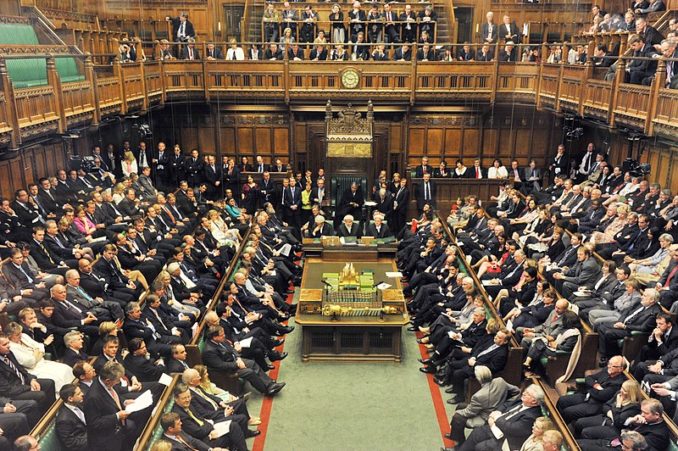The bill will now move to the committee stage for detailed scrutiny before returning to the Commons for a third reading, expected in April.
Supporters of the bill have used euphemistic language, such as the term “assisted dying”, misleading the public and obscuring the fact that a person is ending their own life, which is suicide.
During the parliamentary debate, a Labour representative objected to the use of the word “suicide”, as offensive and incorrect. Danny Kruger, a Tory MP and prominent opponent of the bill, replied that one of its effect was to amend the Suicide Act.
This tactic of changing the language using neutral or positive words has been central to the campaign led by groups like Dignity in Dying, formerly the Voluntary Euthanasia Society, which frames the bill as a compassionate choice that ensures dignity for terminally ill patients. Euphemisms manipulate public perception and mask the bill’s potential risks. A recent survey showed that support for the bill goes significantly down when respondents are correctly explained what “assisted dying” really means. Many confuse it with palliative care.
Another misleading tactic is the denial of the slippery slope effect, i.e. that the restrictions for accessing assisted suicide or euthanasia are gradually lifted with time, as it has happened in other countries.
Deputy Leadbeater, said on BBC radio that “once the bill is passed, it cannot be changed”.
This false claim was repeated by the Economist magazine: “some cannot shake the fear that Ms Leadbeater’s law would be a slippery slope. If they mean that the criteria would sneakily be broadened to include the mentally ill or disabled without further legislation, then the facts are against them. In no case has an assisted-dying law restricted to the terminally ill expanded in this way”.
But it is undeniable that every piece of legislation can be changed in the future, by politicians or by courts. In many states with assisted suicide laws, the courts have re-interpreted those laws to broaden the grounds more than legislators envisaged. Moreover, one of the effects of legalising assisted suicide/euthanasia is the change in social attitudes towards the practices, which in turn stirs further changes in the law.
We also that the campaign for assisted suicide has been bolstered by plenty of money.
For example, in the London Underground, where at least one suicide attempt occurs every week, lots of posters were on display including one showing a woman dancing in the kitchen alongside the words: “My dying wish is my family won’t see me suffer. And I won’t have to.” These highly insensitive billboards were later covered with posters promoting the Samaritans helpline.
Deputy Kim Leadbeater, who sponsored this bill, is the Chair of More in Common UK. This network is supported by organisations like the William and Flora Hewlett Foundation, and the Open Society Foundations, led by George Soros, which have a long history of promoting population control initiatives. Will we see something similar happening here? With a new Government due to be agreed after last week’s election, assisted suicide and euthanasia are sure to be somewhere in the programme for the new Dail.
















